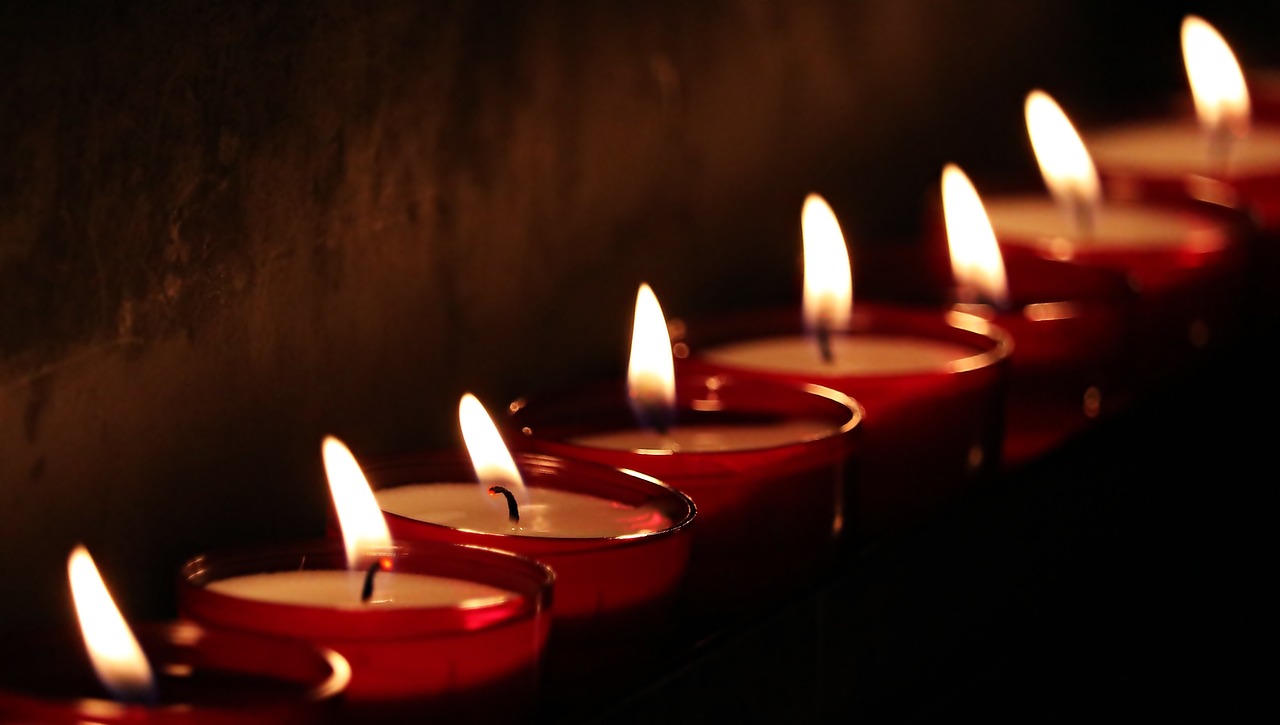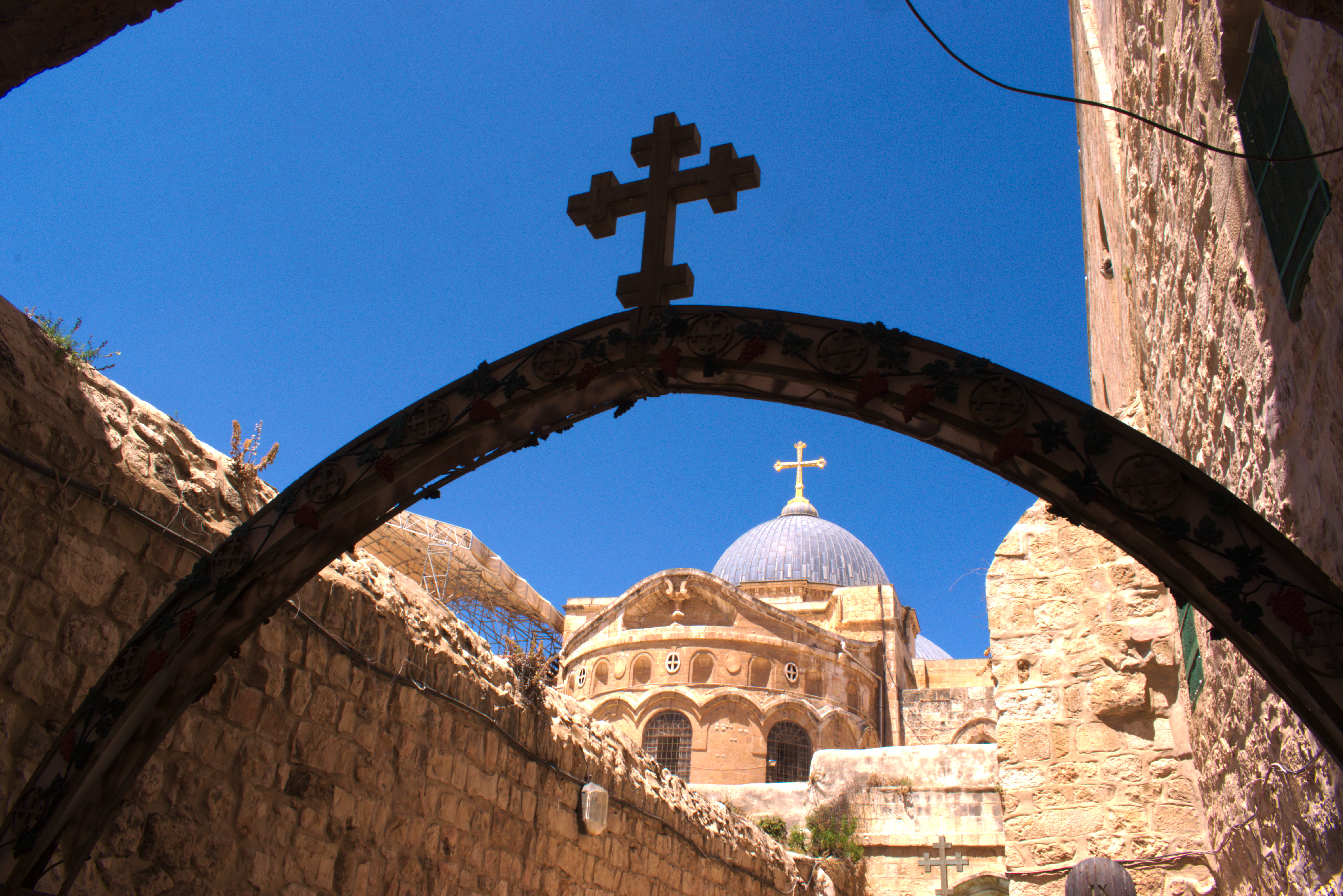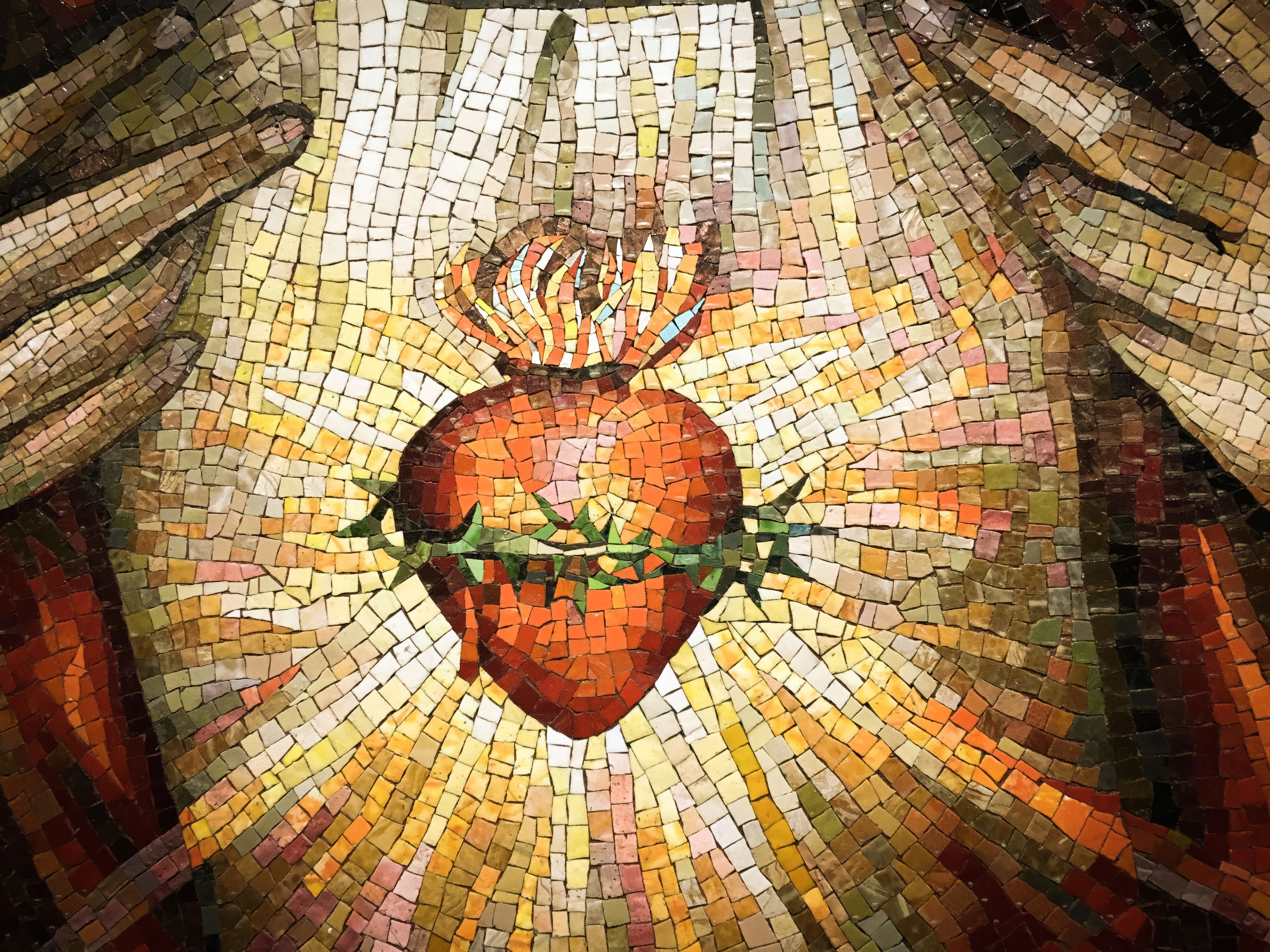I stopped to stare and take in all that my child is today. That which I often overlook – the innocence of today, the unknowns of tomorrow. I think of all the potential inside, waiting to flourish, to serve the Lord above all else, God-willing.
How delicate is life in the womb. That soul can be anything, so infinite the possibilities!
As Catholics, it is our duty to invest in our youth, both those clearly in front of us as well as the unborn. We must be there to teach and guide them what is just. I pray my children will find the Lord’s narrow way, striving for Him alone and that which is eternal, rather than the distractions of this temporary world.
Meanwhile, many adults, including myself, struggle with humility. I shouldn’t have to do this or that, I’ve worked too hard, I’m more important than that. And on the other hand, many struggle with self-confidence. I’m not good enough. I’m a nobody. The mustard seed parable reminds us of the significance of littleness. Something small has the greatest potential for growth, and ultimately becomes something magnificent.
This is one of the most common themes of the Bible. Being asked to go forth and proclaim the Kingdom, we begin as a speck of dust but have infinite power to grow, all because of God’s grace.
“The good God does not need years to accomplish His work of love in a soul; one ray from His Heart can, in an instant, make His flower bloom for eternity…” (St. Therese of Lisieux)
Me detuve para mirar y asimilar quien es mi hijo el día de hoy. Lo que a menudo paso por alto: la inocencia de hoy, lo desconocido de mañana. Pienso en todo el potencial interior, esperando florecer, para servir al Señor por encima de todo, si Dios quiere.
Qué delicada es la vida en el útero. Esa alma puede ser cualquier cosa, ¡son tan infinitas las posibilidades!
Como católicos, es nuestro deber invertir tiempo en los jóvenes, tanto la que está claramente frente a nosotros como la que está por nacer. Debemos estar allí para enseñarles y guiarles lo que es justo. Rezo para que mis hijos encuentren el camino angosto del Señor, esforzándose solo por Él y por lo que es eterno, en lugar de las distracciones de este mundo temporal.
Mientras tanto, muchos adultos, incluyéndome a mí, luchamos con la humildad. No debería tener que hacer esto o aquello, he trabajado demasiado, soy más importante que eso. Y, por otro lado, muchos luchan con la confianza en sí mismos. No soy lo suficientemente bueno. No soy nadie.
La parábola de la semilla de mostaza nos recuerda el significado de la pequeñez. Algo pequeño tiene el mayor potencial de crecimiento y, en última instancia, se convierte en algo magnífico. Este es uno de los temas más comunes de la Biblia. Al pedirnos que salgamos y proclamemos el Reino, comenzamos como un puntito de polvo pero tenemos un poder infinito para crecer, todo gracias a la gracia de Dios.
“El buen Dios no necesita años para realizar su obra de amor en un alma; un rayo de su Corazón puede, en un instante, hacer florecer su flor para la eternidad…” (Santa Teresa de Lisieux)
 Dr. Alexis Dallara-Marsh is a board-certified neurologist who practices in Bergen County, NJ. She is a wife to her best friend, Akeem, and a mother of two little ones on Earth and two others in heaven above.
Dr. Alexis Dallara-Marsh is a board-certified neurologist who practices in Bergen County, NJ. She is a wife to her best friend, Akeem, and a mother of two little ones on Earth and two others in heaven above.
Feature Image Credit: Hal Gatewood, unsplash.com/photos/a-close-up-view-of-some-brown-and-white-speckles-1ZygOiy5quA




 Merridith Frediani loves words and is delighted by good sentences. She also loves Lake Michigan, dahlias, the first sip of hot coffee in the morning, millennials, and playing Sheepshead with her husband and three kids. She writes for Catholic Mom, Diocesan.com, and her local Catholic Herald. Her first book Draw Close to Jesus: A Woman’s Guide to Adoration is available at Our Sunday Visitor and Amazon. You can learn more at
Merridith Frediani loves words and is delighted by good sentences. She also loves Lake Michigan, dahlias, the first sip of hot coffee in the morning, millennials, and playing Sheepshead with her husband and three kids. She writes for Catholic Mom, Diocesan.com, and her local Catholic Herald. Her first book Draw Close to Jesus: A Woman’s Guide to Adoration is available at Our Sunday Visitor and Amazon. You can learn more at 


 David Dashiell is a freelance author and editor in Nashville, Tennessee. He has a master’s degree in theology from Franciscan University, and is the editor of the anthology
David Dashiell is a freelance author and editor in Nashville, Tennessee. He has a master’s degree in theology from Franciscan University, and is the editor of the anthology 
 Elizabeth Tomlin is the author of Joyful Momentum: Building and Sustaining Vibrant Women’s Groups and contributing author to the Ave Prayer Book for Catholic Mothers. She is General Counsel for the Archdiocese for the Military Services, USA. Elizabeth is an Army wife and mother of three and currently lives in the DC area. She blogs at
Elizabeth Tomlin is the author of Joyful Momentum: Building and Sustaining Vibrant Women’s Groups and contributing author to the Ave Prayer Book for Catholic Mothers. She is General Counsel for the Archdiocese for the Military Services, USA. Elizabeth is an Army wife and mother of three and currently lives in the DC area. She blogs at 



 Allison Gingras (
Allison Gingras ( 
 Kathryn Mulderink, MA, is married to Robert, Station Manager for Holy Family Radio. Together they have seven children (including Father Rob), and eight grandchildren. She is President of the local community of Secular Discalced Carmelites and has published five books and many articles. Over the last 30 years, she has worked as a teacher, headmistress, catechist, Pastoral Associate, and DRE, and as a writer and voice talent for Catholic Radio. Currently, she serves the Church by writing and speaking, and by collaborating with various parishes and to lead others to encounter Christ and engage their faith. Her website is
Kathryn Mulderink, MA, is married to Robert, Station Manager for Holy Family Radio. Together they have seven children (including Father Rob), and eight grandchildren. She is President of the local community of Secular Discalced Carmelites and has published five books and many articles. Over the last 30 years, she has worked as a teacher, headmistress, catechist, Pastoral Associate, and DRE, and as a writer and voice talent for Catholic Radio. Currently, she serves the Church by writing and speaking, and by collaborating with various parishes and to lead others to encounter Christ and engage their faith. Her website is 
 Kate Taliaferro is an Air Force wife and mother. She is blessed to be able to homeschool, bake bread and fold endless piles of laundry. When not planning a school day, writing a blog post or cooking pasta, Kate can be found curled up with a book or working with some kind of fiber craft. Kate blogs at
Kate Taliaferro is an Air Force wife and mother. She is blessed to be able to homeschool, bake bread and fold endless piles of laundry. When not planning a school day, writing a blog post or cooking pasta, Kate can be found curled up with a book or working with some kind of fiber craft. Kate blogs at 
